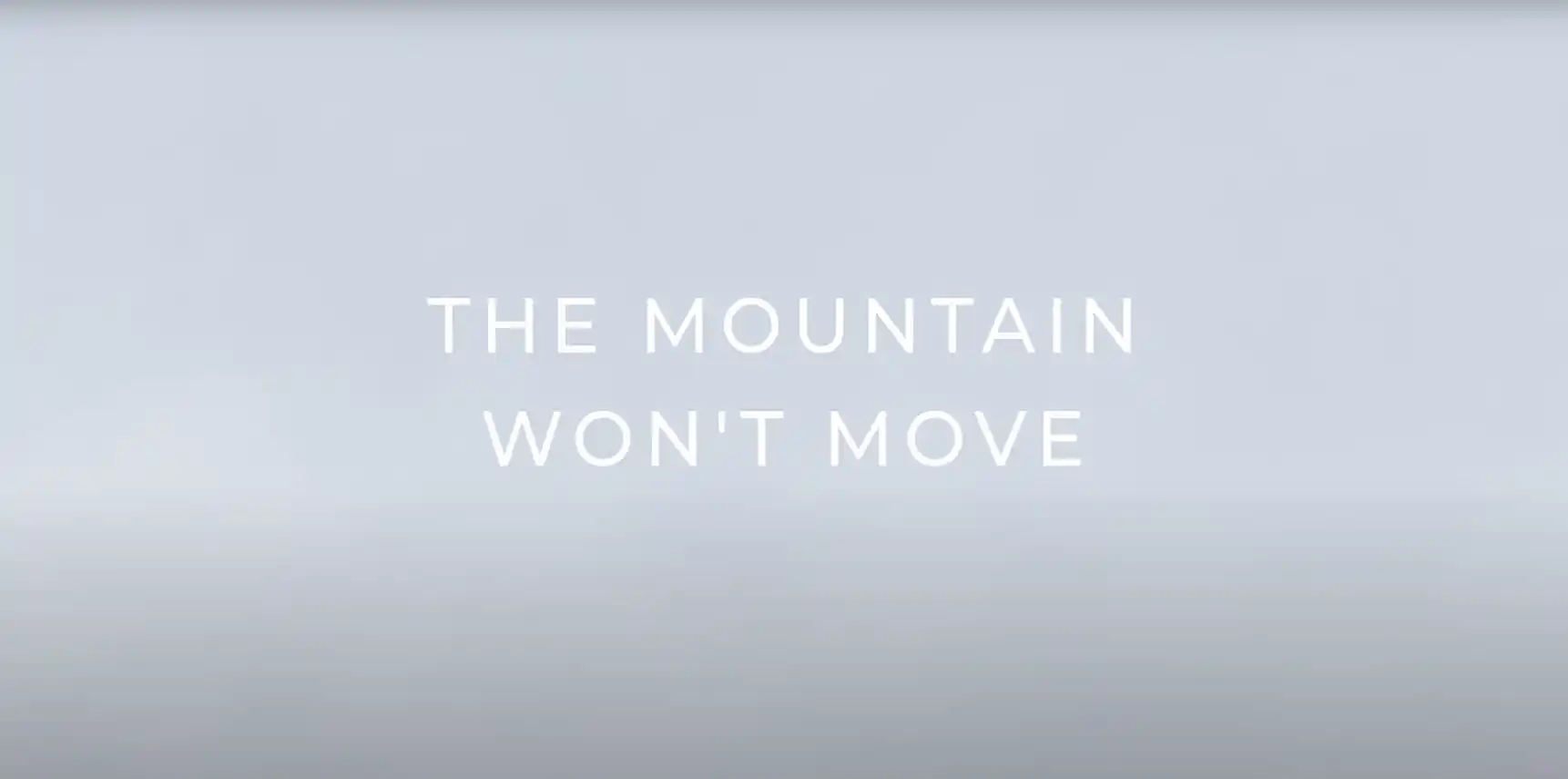

Seliškar first amazed us with her short My Summer Holiday, but with The Mountain Won’t Move, she takes us on a sensory journey that isn’t just about rural life—it’s a meditation on the future of a dying tradition.
The stars of the film are Zekir, Zarif, and Zani—three brothers who live in the heart of a remote, untamed world. Every year, they spend months tending to a flock of sheep and dozens of cows. Their days follow a steady rhythm, one that’s both repetitive and rich with learning and tradition. Zekir, the eldest, is the leader and teacher, while Zarif, the second oldest, starts to feel the pull of the outside world, craving something beyond the life of a shepherd. The mountain, however, isn’t just a physical place—it symbolizes resistance, a barrier between the past and the future.
In this isolated environment, where technology and distractions are distant, every day becomes a test of survival. Zani, the youngest, stays in the lower hut with the cows, while Zekir and Zarif venture higher up with the sheep. But in the summer, the younger brothers join to learn the ways of the trade. As the days unfold, the brothers' deep connection to the land and each other becomes evident.
If the landscape is beautiful, it’s also harsh. Filmed over five years, The Mountain Won’t Move captures the beauty and danger of the land. Cinematographer Brand Ferro paints a vivid portrait of this rugged terrain, using sun, storm, and night to convey the emotional weight of the place. Every frame tells the story of a landscape that’s not just scenic, but raw and alive. And the sound design by Vladimir Rakić adds another layer—catching the sounds of nature, from the wind to the bells of livestock, immersing us in this world.
The brothers’ life is repetitive, yes, but not without moments of reflection. Zarif, the younger brother, forms a special bond with the shepherd dogs, viewing them as family. When one of his favorites, Belichka, is sold to a breeder who breaks his promise to return her, Zarif’s frustration becomes palpable. Loss is an unavoidable part of life in this harsh environment—dogs die from accidents, snake bites, or attacks. But the greed and deception surrounding Belichka’s sale hit Zarif harder than any of nature's blows.
At the heart of the film is Zarif’s internal conflict. As he grows, he begins to question his future on the mountain, yearning for a life beyond the shepherding world. Zekir, on the other hand, faces his own crossroads. As he grows older, he finds it harder to spend months on the mountain with the flock, yet he’s deeply connected to the tradition. This tension between the past and future is what drives the film. It’s not just a story about life in the mountains—it’s a reflection on the inevitability of change, even when deeply rooted in tradition.

In a world that moves faster every day, where modernity seems irresistible, The Mountain Won’t Move invites us to reflect on what truly matters: family, roots, and the land. The mountain may never move, but the lives it sustains are changing. And that change is what makes this film so powerful.
What makes this documentary special is its universal appeal. The life of the brothers, tough as it is, is grounded in deep, authentic connections to their family, the land, and the animals. Seliškar captures this world with a sensitivity that’s rare. There’s no moralizing, no forced narrative—it’s simply an observation of a world that’s slowly disappearing.
What stays with us after the film isn’t just the story of a disappearing tradition—it’s a deeper meditation on our relationship with the world, our roots, and the technology that’s slowly disconnecting us from what truly matters. The Mountain Won’t Move isn’t just a film about mountain life—it’s an invitation to stop and think about what we really want to preserve in our future.
A film that grabs hold of you, leaves you breathless, and makes you look at the world in a new way. In a fast-changing era, this might just be the greatest gift a film can give.


